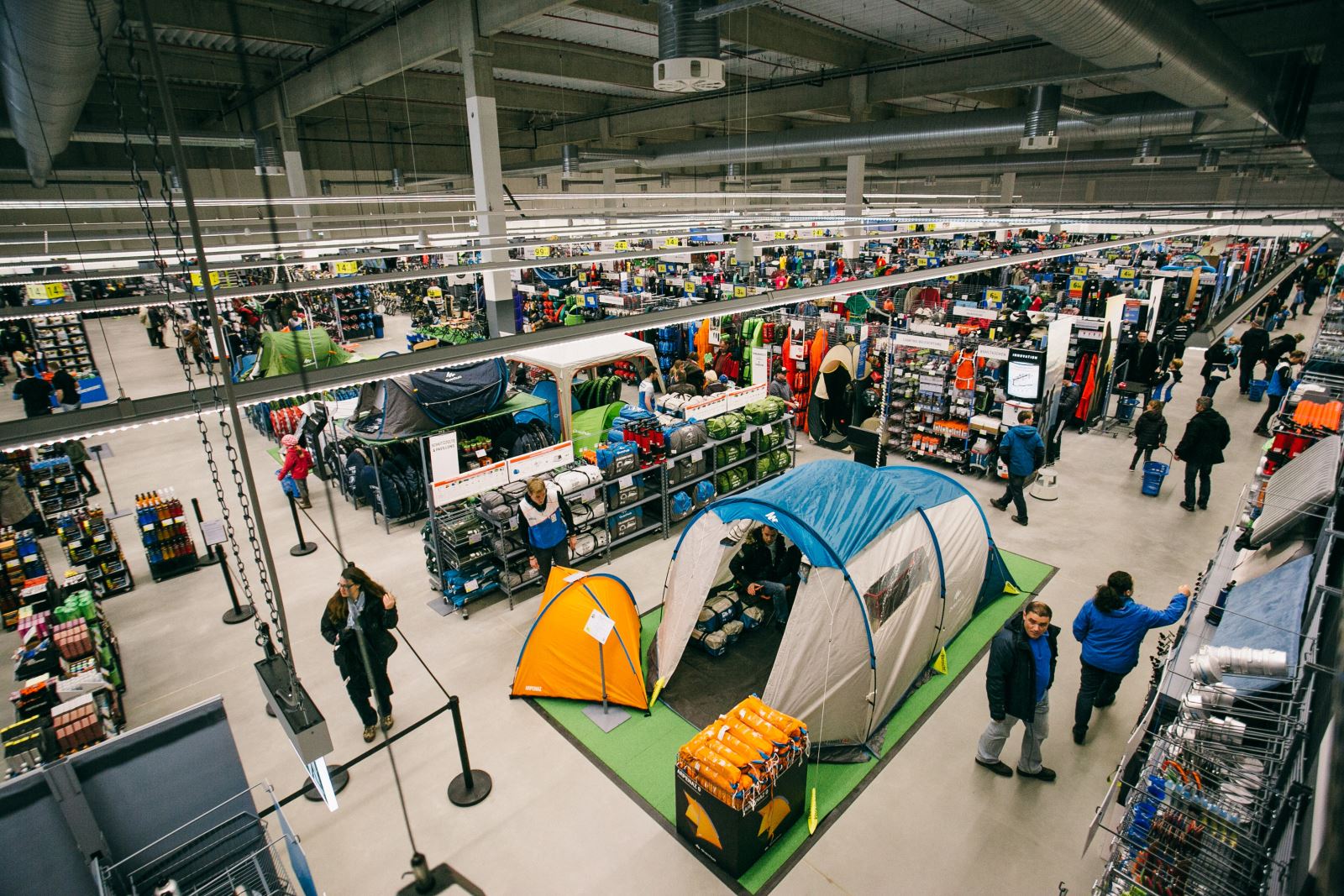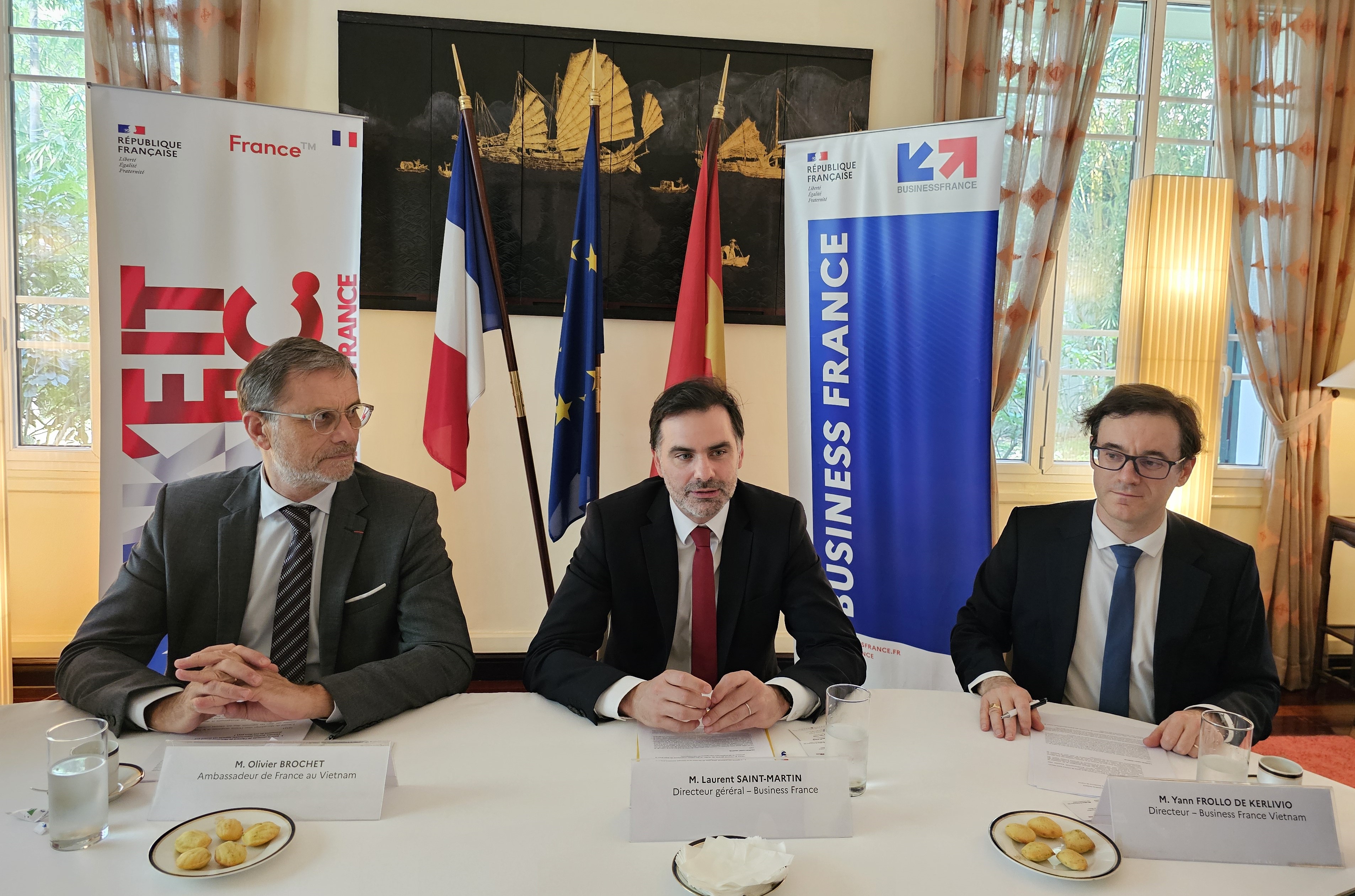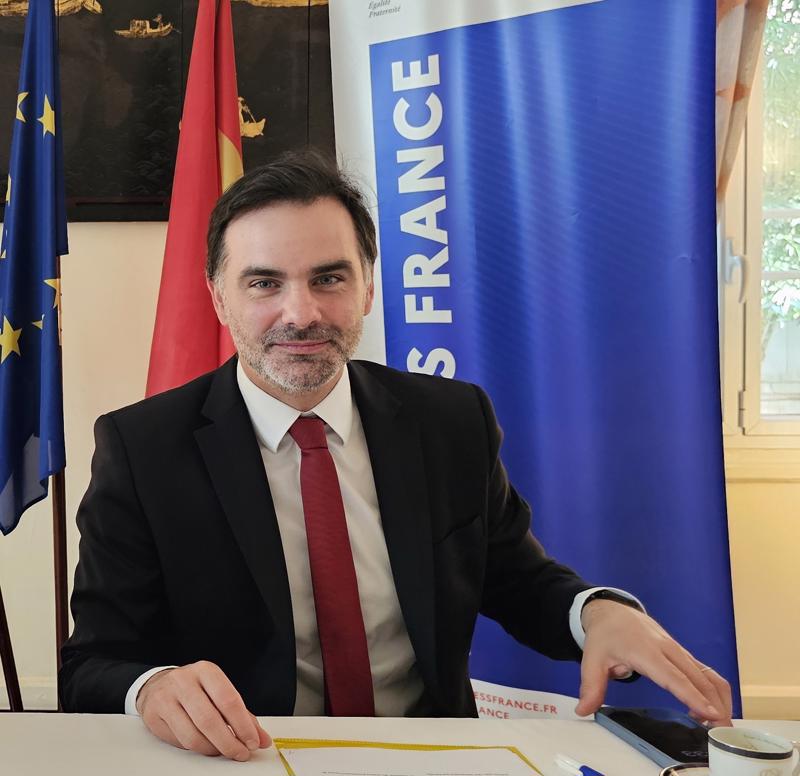France has issued an emphatic rallying cry to Vietnamese firms: venez investir chez nous. During an ongoing visit to Hanoi, Laurent Saint-Martin, Director General of Business France, the French government's foreign investment agency, made a direct pitch "Choose France!"
His call came as France, the former colonial power, seeks to capitalize on a new EU trade deal and Vietnam's desire for foreign capital and expertise. This coincides with Vietnam's celebration of the 70th anniversary of Dien Bien Phu, the decisive battle that ended French rule in Vietnam, on May 7th.
Deep roots, new opportunities
The grounds for closer economic integration are fertile. France and Vietnam have long-standing ties dating back hundreds of years. But relations were inevitably shaken by the wars of the 20th century. In recent decades, however, the bonds have recovered.
Over 7,000 Vietnamese students are now studying in French universities, drawn by affordable fees and rigorous courses. Some 300 French companies, from industrials like Decathlon to infrastructure giants like those building Hanoi's metro, have set up Vietnamese operations.
"The vast majority of our 40 largest companies are present here," confirmed the French Ambassador to Vietnam Olivier Brochet with Vietnam Economic Times.
The EU-Vietnam Free Trade Agreement, fully implemented in 2020, has established a new era of French-Vietnamese commerce. Despite the challenges of Covid-19 and geographical distance, two-way trade exceeded $4.8 billion last year.
And, as the cherry on top, France is the second largest EU country investor in Vietnam.
While Vietnamese exports still significantly outpace French imports, France sees an opportunity to address this imbalance by targeting Vietnam's growing urban consumer market.

Targeted investment wanted
French officials made plain which types of investment are most coveted. First, anything supporting Vietnam's drive to curb emissions and pivot to a greener development model is most welcome.
French energy titans like EDF and Total are already active in developing renewable power capacity. But Paris hopes to lure Vietnamese investment in batteries for electric vehicles and semiconductors—areas it considers vital for its own reindustrialization drive.
"First of all, we want Vietnamese companies that have invested in France, such as VinFast, FPT, Airline or Viettel, to continue their process of evolution in France," Mr. Saint-Martin told Vietnam Economic Times.
"In addition, as I have already said, France is entering a period called industrial renovation. We therefore want Vietnamese companies to be interested in France. These are the projects produced in France which offer (opportunities) to the European market," he said.

Investors are also enticed by tax reforms that have lowered France's corporate rate from 33% to 25% since 2017. Flexible labor laws and the ability to resist economic shocks like covid-19 add to the allure.
Roadblocks persist
Yet obstacles to cementing a true alliance of interests persist. Though trade has surged under the EU pact, France is irked by lingering non-tariff barriers to EU food and pharmaceutical exports. Obtaining work permits for expatriate executives also remains an arduous process, many firms complain.
Most fundamentally, the two countries are at vastly different stages of development. Vietnam's per-person GDP is around $4,000 and has been growing fast in the past decades, but still a tiny fraction compared with France's $50,000 level.
"France is thus keen for Vietnamese companies to turbocharge investments and shift from low-value exports to making French-based forays into sophisticated sectors like nuclear power, aviation and space," the General Director of Business France revealed.
Mr. Saint-Martin believes the incentives are there. Producing in France offers not just a platform for the entire European single market, worth over $17trn, but also generous research and development tax credits. With both countries setting ambitious industrial and climate goals, he said, "There are probably many partnerships to imagine together."
A profound pivot
Ultimately, deeper Franco-Vietnamese ties hinge on whether the south-east Asian nation can truly pivot from a low-cost industrial model to one driven by innovation and higher-value services.
France certainly seems eager to grease the wheels, leveraging everything from student exchanges to sports diplomacy. What's clear is that both countries are economically ambitious—and see each other as key pieces in a larger global chessboard.
Human connections will prove as crucial as capital flows, said Ambassador Brochet. "I would like to remind you that all relationships, whether economic, new, political or cultural, are relationships between people, between French and Vietnamese, people who know each other, who get along, who speak a language that is closest to them," he said.
"And part of the success of the development of our relations, and particularly in the economic field, rests on the fact that for 30 years, our two countries have worked hard to develop human exchanges. We need to build a lot of cooperation," he concluded, "to benefit from a redefinition of certain economic maps in the world."









 Google translate
Google translate